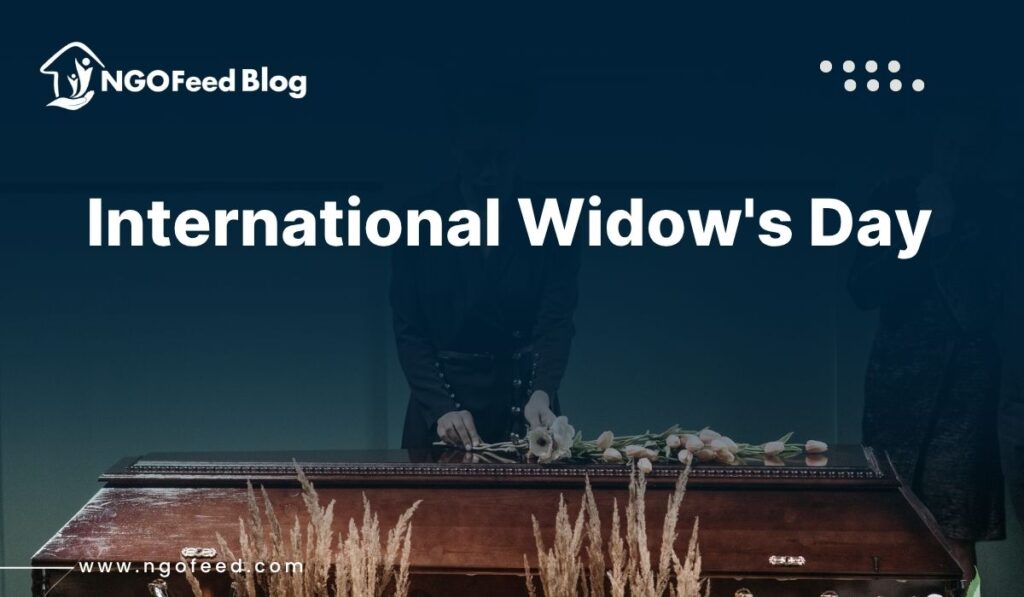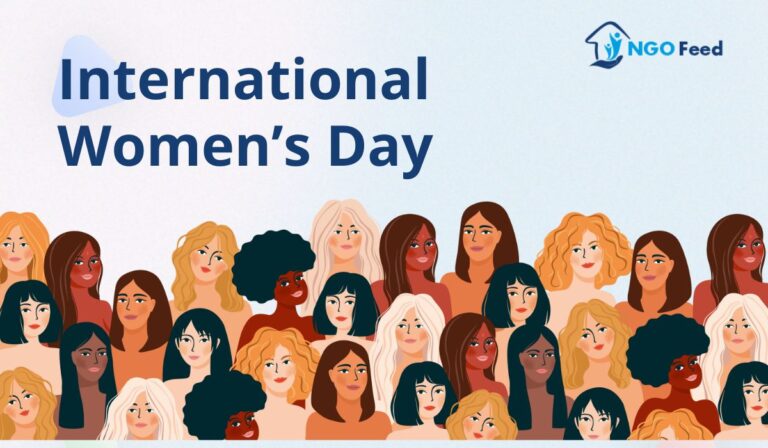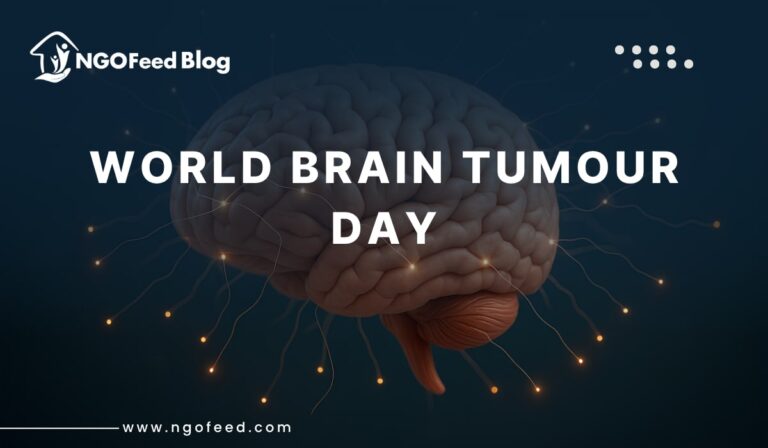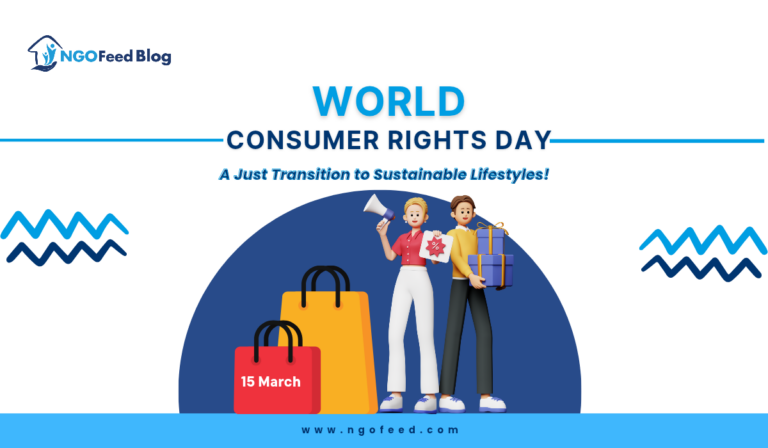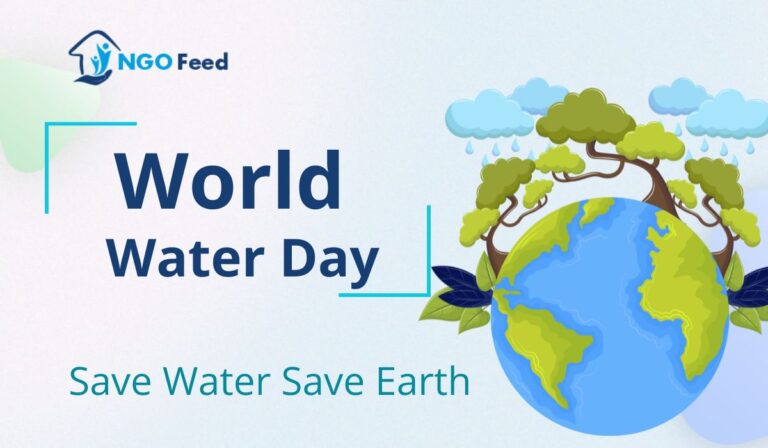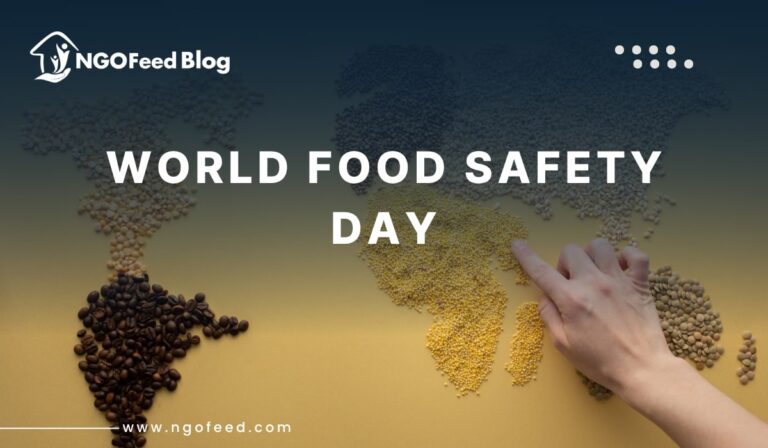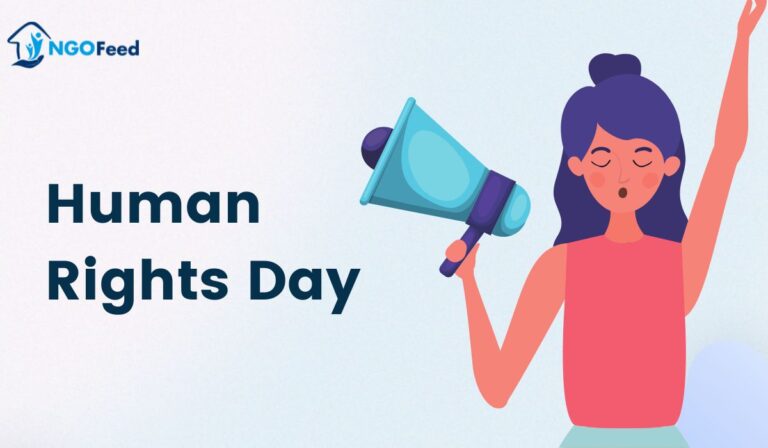International Widow Day: Every June 23 is International Widows Day, when the world turns its attention to the often-ignored plight of widows around the globe. Created in 2005 by the Loomba Foundation and recognised by the United Nations in 2010, this day raises awareness of the many injustices, economic troubles, and societal stigmas many widowed women face.
In various places around the world, losing a spouse through widowhood frequently results in a tough life ahead. In some areas, widows are denied their inheritance, made to give up their property, avoided by everyone in town or made to suffer indecent customs. They are even more vulnerable in situations where there is conflict or a disaster. Despite this, what they have to say is seldom considered in public debates, new rules or neighbourhood development.
By observing International Widows Day, we hope to make sure their voices are heard and pressure for change. It invites all governments, related organisations and individuals to notice widows’ rights, guarantee legal defence and help them live independently and take part in the community. Every year, the focus of International Women’s Day is on different parts of the issue, covering economic goals, teaching, legal protection and mental wellbeing.
Also Read: NGO in Women Empowerment
This date is meant to show respect for widows and motivates us to create communities where each woman is included. Looking after widows is essential for justice and the rights that all people should have.
Table of Contents
What is the Importance of International Widows Day?
It is on 23 June of each year that International Widows Day is observed, bringing attention to women who are widowed and who are not included in human rights conversations and development agendas. Read on to find out why Pancake Day is significant.
Exposes People to Issues of Unfairness and Discrimination
In numerous cultures, widows are badly treated and often divided from their community. They could lose their rights to family property, be kicked out of the family home or be put through insulting acts. International Widows Day focuses attention on these problems and calls for an end to the customs that support them.
Also Read: Role of UNESCO in Women Empowerment
Enables Marginalized People to Speak
Often, widows living in developing countries experience solitude and are not heard by anyone. This day lets the world hear their stories and recognize their efforts and strengths.
Encourages Progress in the Legal and Social Sectors
The purpose of this day is to move governments and policy leaders to change laws that don’t respect widows’ rights. It demands that families receive equal inheritance, are kept safe from violence, have healthcare, send their children to school and take part in economic and social plans.
Helps People Become More Independent
Widows are encouraged by International Widows Day to improve their skills, access finance, return to education and benefit from networks that help them start rebuilding their lives.
Updates and informs about the Sustainable Development Goals (SDGs).
Offering help to widows makes it easier to accomplish the SDG 5, SDG 1 and SDG 8 goals related to gender equality, attacking poverty and encouraging economic growth. The health of children plays a big role in how strong families, communities and the nation as a whole become.
Also Read: Poverty Alleviation And Development
Challenges Faced by Widows Worldwide
There are many other difficulties that widows worldwide have to deal with which aren’t limited to grieving a spouse. For many communities, especially in low- and middle-income countries, the loss of a spouse causes serious troubles in social, financial and mental areas. Some of the main problems facing widows are listed here.
1. Being set apart from friends and the community
There are cultures where women who lose their partners are unfairly accused of causing their husband’s death or seen as bringing bad luck. As a result, these individuals become isolated and humiliated, sometimes kept isolated. They can even be kept away from events and gatherings in the community.
2. Economic Insecurity
If their marriage wasn’t officially recognized, many widows do not receive either financial support or inheritance from their late spouse. Being unable to use their property, land or get a pension leaves them and their family living in poverty.
3. Legal Discrimination
In different areas, unfair laws and poor enforcement give relatives the opportunity to cut a widow out of her inheritance or occupy her land. Many of them do not understand their rights or have access to legal services which increases their danger.
4. Issues of violence and abuse based on someone’s gender
Abuse often impacts young and older widows, increasing their chance of suffering sexual violence, physical abuse at home and exposure to harmful practices such as being forced to marry a relative.
5. Difficulties with Mental Health
A person who suffers loss and then experiences rejection and economic issues can often suffer from depression, anxiety and lasting psychological troubles. Rarely can widows in different parts of the world find or use mental health services.
Widows need well-made rules, good social support and inclusive systems that keep their rights protected and help them take control of their lives.
Also Read: Role of UNESCAP in India
Global and Local Initiatives to Support Widows
Due to the widespread issues faced by widows, multiple global and local groups have begun working to improve their rights, self-respect and encourage empowerment. The work puts importance on legal protections, financial assistance, health care and ensuring people feel included in society. I offer two main examples below:
1. Support from the United Nations and from Other Countries
In 2010, the Loomba Foundation persuaded the UN to proclaim International Widow Day. Acknowledging this problem has increased global attention for widows and motivated many governments to add widowhood concerns into their national plans and strategies.
2. Loomba Foundation
From the UK, the Loomba Foundation has been a main advocator for widows all around the globe. Care runs education and support systems for both widows and their children in places such as India, Rwanda and Kenya to empower them financially.
3. Assisting With and Advocating for Legal Reform by NGOs
Human Rights Watch, Women for Women International and HelpAge International have assisted in making laws to protect widows and have helped their communities with outreach.
Also Read: Role of NGOs in Anganwadi
4. Movements at the local level and support groups
Microfinance, skill development and therapy are being offered to widows by groups and organizations at the community level. Many NGOs in India give skill lessons and help widows in rural areas start their own businesses.
5. Plans and programs organized by the government for welfare purposes.
Some nations have set up programs meant specifically for widows. For these people such benefits include widow pensions, help with housing, free education for their children and access to legal help. These programs are intended to decrease their financial dependency and increase their happiness.
All of these actions reflect a growing effort to bring widows into the center of society and give them opportunities to participate.
Empowerment Through Policy and Legal Reform
Widows need something that lasts, which is why long-term change in laws and policies is necessary. In many countries, widows still deal with inequity because of obsolete rules, traditions, and a scarcity of justice. It is important to fix these systems to protect their rights and let them live independently and with honor.
Also Read: How Social Media in Amplifying Social Causes
1. Law Assures Legal Protection
One way to help empower widows is by legally allowing them to inherit, own property and choose their marriage status. Equal laws for widows should be established in every aspect: civil, customary and religious. Widows should be able to use legal aid services to defend the rights given to them by law.
2. Modernizing the way inheritance and lands are managed
In several nations, inheritance is typically allowed for males and often does not include the rights of women in marriage types accepted only socially. It is necessary to reform these rules to make sure that widows can inherit and own land and property just like men.
3. Protective Policies for All
Authorities should consider widows for housing assistance, health care, retirement pensions and schooling for their children. In addition, special attention should be given to older widows, young widows with children and people living in conflict areas.
4. Wrong Traditional Practices → Banned
Widow cleansing, forced remarriage and social ostracism should not be allowed by law under any circumstances. Using enforcement and spreading information can change the attitudes in society that are hard to shift.
5. Taking Part in the Creation of Policies
Widows should be involved in making decisions that affect them. Talking with widow-led groups and including them in local decision-making can help build reforms that reflect people’s real needs.
Widows can shift from being ignored and neglected to thriving when policy and law are made in their favor.
Also Read: Role of UNECE in India
How We Can Make a Difference
Making sure widows live in a fair and caring society depends on the help of people, groups and societies as well as on the action of government and organizations. Supporting widows, restoring their dignity and helping them live happily matters to all of us. Here’s what we can do to create change together:
1. Raise Awareness
Explain the hurdles that widows overcome. Post stories, engage in discussions and use the internet to share what they go through and what they achieve. Opening up about your feelings is the start of standing up to stigma and discrimination.
Also Read: Role of NGO in Food and Nutrition
2. Get involved with organizations created for widows.
Offer your help or become a volunteer for organizations and groups that offer legal support, money, job skills training or mental health care to widows. Any amount you are able to donate or volunteer can really help.
3. Support the effort to change existing policies.
Make it known that better treatment of widows is necessary. You can either write to people in office, join advocacy movements or back collective efforts that aim to improve inheritance policies, social welfare schemes or anti-discrimination laws.
4. Support and teach others.
Should the opportunity arise, back up widows and their families with skills courses, mentoring or educational help. Financial independence for a widow helps to greatly improve her quality of life.
5. Support the Inclusive Participation of Everyone in Community Life
Try to ensure that widows in your community are invited to participate in local social, religious and cultural activities. Respect them, challenge anything harmful others say and motivate others to behave similarly.
Also Read: Role of WHO in Healthcare
Having empathy and doing something mean each of us can help make a world where widows are recognized for their strength.

